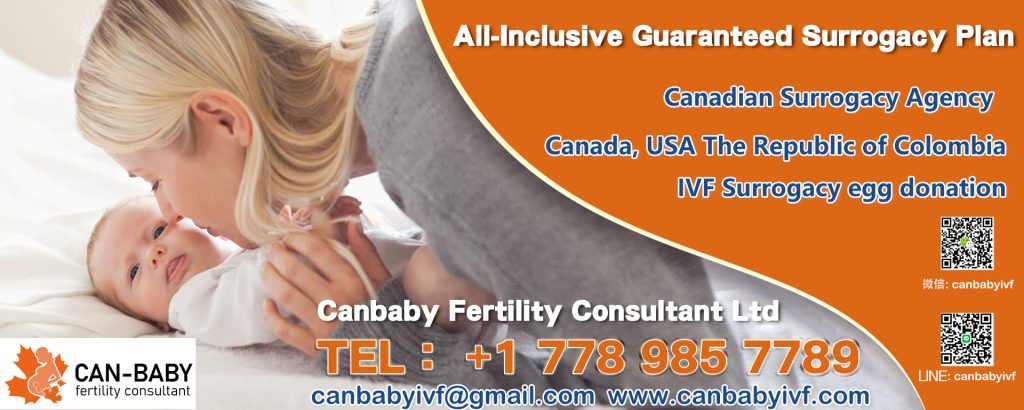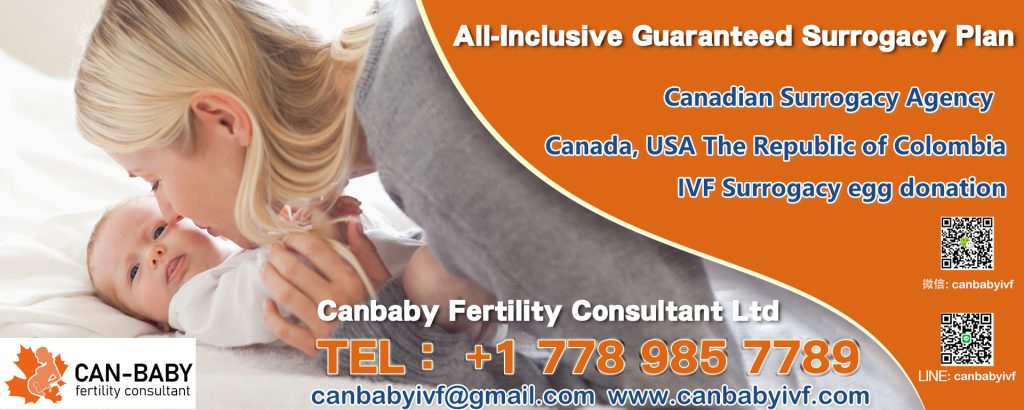
Disclaimer: This article is an original work by Canbaby Fertility Consultant LTD, a Canadian surrogacy consulting company. Reproduction or redistribution without permission is strictly prohibited.
Surrogacy offers a path to parenthood for many individuals and couples who cannot conceive on their own. However, the process becomes complicated when Canadians explore surrogacy abroad due to legal restrictions or high costs at home. While international surrogacy can be a legitimate and rewarding journey, it also carries risks—particularly the risk of falling victim to illegal surrogacy scams.
In this article, we’ll guide you through the major red flags, risks, and best practices to avoid illegal surrogacy scams abroad, with a special focus on what Canadian intended parents should know. Whether you’re considering surrogacy in countries like the United States, Mexico, Georgia, or Colombia, this guide will help you make informed and safe decisions.
Table of Contents
- What is International Surrogacy?
- Why Canadians Consider Surrogacy Abroad
- What Is an Illegal Surrogacy Scam?
- High-Risk Countries and Legal Grey Zones
- Red Flags to Watch For
- Real-Life Examples of Surrogacy Fraud
- Best Practices to Avoid Scams
- How to Verify Agencies and Clinics
- Legal Protections for Canadians
- Conclusion
1. What is International Surrogacy?
International surrogacy refers to the arrangement where intended parents from one country engage a surrogate mother in another country to carry their child. This is often done through a medical clinic and/or agency, and can involve either gestational surrogacy (where the surrogate has no genetic link to the baby) or traditional surrogacy (where the surrogate is genetically related).
For Canadians, international surrogacy is often attractive due to:
- Shorter wait times
- More flexibility in selecting the surrogate
- Access to procedures restricted in Canada (e.g., embryo gender selection)
2. Why Canadians Consider Surrogacy Abroad
Canada has a strong ethical framework for altruistic surrogacy, but it strictly prohibits commercial surrogacy and limits compensation to reasonable expenses. As a result, many Canadian intended parents look to countries where commercial surrogacy is permitted.
Popular destinations for Canadian surrogacy clients include:
- United States (especially California and Nevada)
- Colombia
- Georgia
- Ukraine (pre-2022, before the war)
- Mexico
However, these international destinations are not without risks—particularly legal ambiguities, poor regulation, and fraudulent operators.
3. What Is an Illegal Surrogacy Scam?
An illegal surrogacy scam occurs when an agency, clinic, or individual promises surrogacy services that either:
- Are not legally permitted in the country
- Involve unlicensed or unregulated medical procedures
- Fail to fulfill contractual obligations
- Extort additional money during or after the process
Such scams can result in:
- Financial loss
- Emotional trauma
- Legal issues regarding the child’s citizenship or parentage
- The intended parents never receiving the child
4. High-Risk Countries and Legal Grey Zones
Some countries have unclear or evolving laws around surrogacy, which makes them fertile ground for scams. For instance:
- India: Once a popular destination, India banned commercial surrogacy for foreigners in 2015.
- Thailand: Outlawed foreign surrogacy in 2015 after a series of scandals.
- Nepal and Cambodia: Banned surrogacy entirely.
- Mexico: Some states allow surrogacy, others ban it. Lack of federal law creates loopholes.
- Georgia: Legal for heterosexual married couples, but unregulated agencies still pose risks.
- Ukraine: Law permits surrogacy for heterosexual couples, but war conditions make it unsafe.
Always verify whether surrogacy is legally permitted in your destination country for foreigners, not just locals.
5. Red Flags to Watch For
Here are some warning signs that may indicate an illegal or unethical surrogacy operation:
- Vague contracts or refusal to provide written agreements
- No licensed medical facility involved
- Agencies that offer “guaranteed baby” packages with suspiciously low fees
- Requests for large cash payments without official invoices
- No legal counsel or vague legal processes
- Use of underage, coerced, or uninformed surrogate women
- Promises of gender selection or multiple embryo transfers in countries that prohibit it
- No screening or medical records for surrogate candidates
6. Real-Life Examples of Surrogacy Fraud
Numerous cases of surrogacy fraud have made international headlines, including:
- Thailand 2014 “Baby Gammy” scandal: An Australian couple abandoned one of their twin babies (born with Down syndrome), raising concerns about child trafficking.
- India, 2016: Foreigners stranded due to sudden legal bans, unable to take their babies home.
- Ukraine, 2022: Babies left in clinics during the war, with no way for parents to retrieve them.
Each of these cases involved poorly regulated or legally unclear surrogacy operations.
7. Best Practices to Avoid Scams
Here’s how Canadian intended parents can protect themselves:
✅ Work with Licensed Medical Clinics
Always ensure that the IVF and maternity care take place in licensed, accredited clinics. Verify their registration with the country’s health ministry.
✅ Use Reputable Agencies
Choose agencies with:
- Transparent pricing
- Documented legal processes
- Long-term experience
- Positive online reviews
✅ Hire Independent Legal Counsel
Do not rely solely on the agency’s lawyer. Hire an independent international family lawyer familiar with both Canadian and destination-country laws.
✅ Ask for Verified Contracts
Contracts should clearly spell out:
- Compensation
- Roles and responsibilities
- Medical decision-making authority
- Outcomes if miscarriage or failure occurs
- Passport and citizenship procedures for the child
✅ Avoid Cash Transactions
Request official invoices and pay by traceable methods like bank wire, especially for large sums.
8. How to Verify Agencies and Clinics
Before signing any agreement, do the following:
- Search their name + “scam” or “fraud” online
- Ask for video walkthroughs of clinics and surrogate accommodations
- Request client references—ideally from Canadians
- Check if the agency works with reputable U.S. or Canadian fertility clinics
- Visit the country beforehand if possible, and meet the team
9. Legal Protections for Canadians
Although surrogacy laws in Canada are strict, the country does recognize parentage from legal surrogacy abroad, provided that:
- A valid birth certificate is issued by the foreign government
- A legal process confirms the parent-child relationship
- The child meets requirements for Canadian citizenship by descent
To avoid immigration or custody issues:
- Work with a Canadian immigration lawyer
- Begin the citizenship application process early
- Ensure all foreign legal documents are notarized and translated
10. Conclusion: Safe Surrogacy Is Possible—If You’re Careful
The dream of having a child through surrogacy doesn’t have to come with nightmare risks. While international surrogacy for Canadians can offer flexibility and affordability, it requires extensive due diligence.
Remember: If a surrogacy offer sounds too good to be true, it probably is.
By taking the right steps—verifying licenses, hiring legal professionals, and avoiding cash-only, under-the-table operations—you can protect your finances, your emotional well-being, and most importantly, your future child.
Frequently Searched Keywords for Canadian Surrogacy:
- Surrogacy in Canada vs. abroad
- Is international surrogacy legal for Canadians?
- How to avoid surrogacy scams
- Best countries for safe surrogacy for Canadians
- Surrogacy agency reviews
- Legal surrogacy options for Canadian couples
If you’re a Canadian resident considering surrogacy abroad and need guidance, contact a licensed fertility consultant or international surrogacy lawyer to begin your journey the right way.

